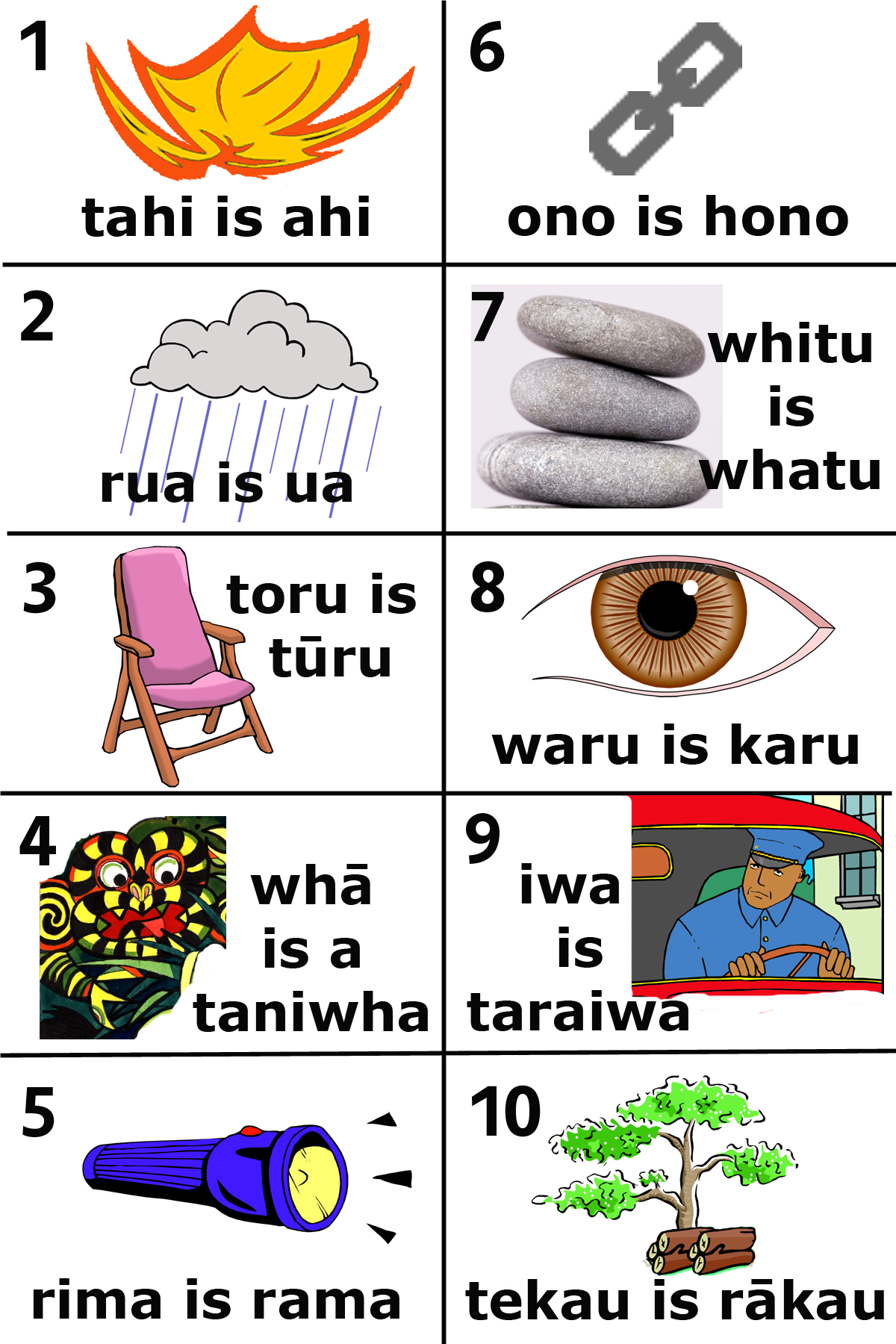Prevalence
Vascular dementia, as its name suggests, is caused by poor blood flow, produced by a single, localized stroke, or series of strokes.
It is the second most common dementia, accounting for perhaps 17% of dementias. It also co-occurs with Alzheimer's in 25-45% of cases. Although there are other types of dementia that also co-occur with Alzheimer's, mixed dementia generally refers to the co-occurrence of Alzheimer's and vascular dementia.
